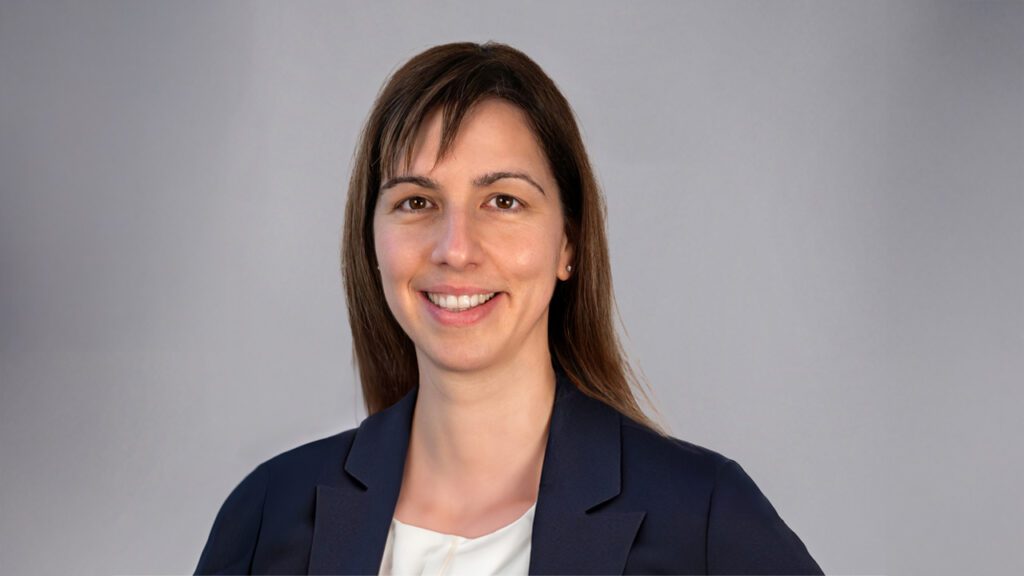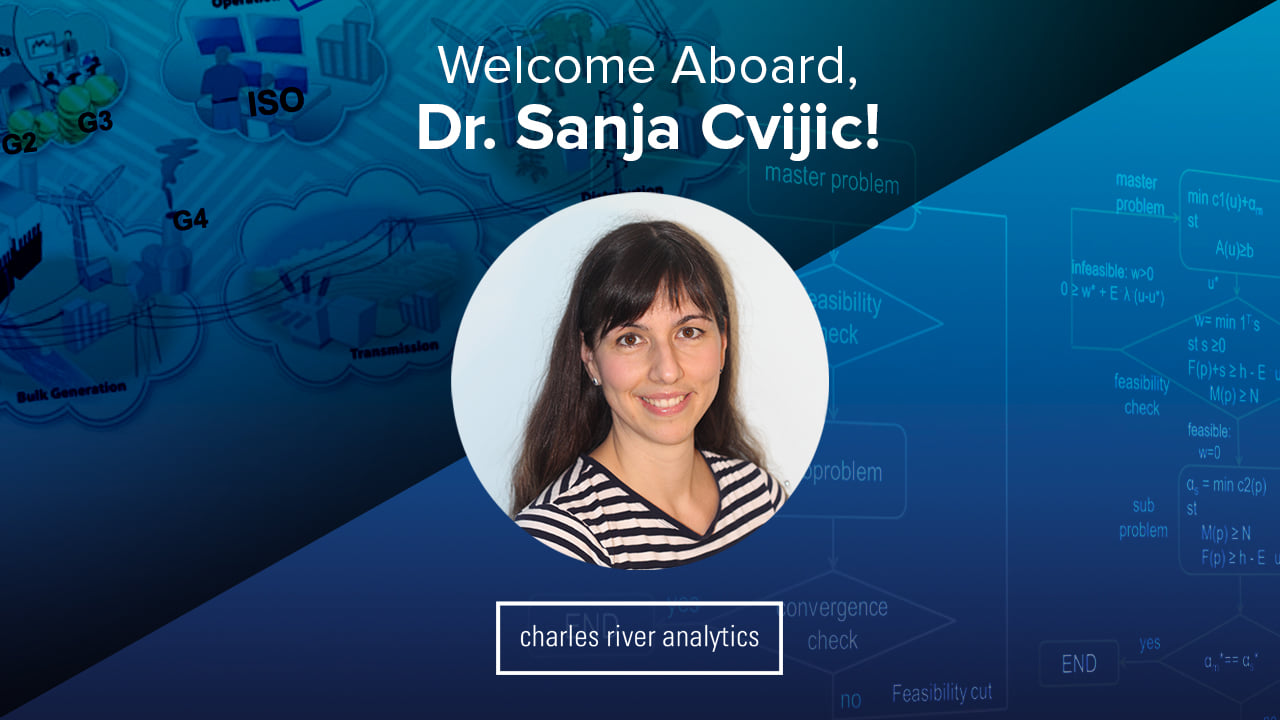Every scientific problem tends to have two different kinds of solutions: the practical and the theoretical. Scientists tend to be devoted to one side or the other, either getting lost in the clouds or mired in the details, according to their particular bent.
For computer scientist Sanja Cvijic, who joined Charles River Analytics in January 2020, it’s been the shifts between the two sides that have enriched her perspective the most, allowing her to quickly become one of the company’s leaders in developing theory-based AI solutions for practical problems.

Cvijic entered into the field of computer science through the traditional academic route, and her undergraduate studies at the University of Belgrade often slanted towards the abstract, focusing on specialized topics in computer science, engineering, and computer architecture.
“I knew my whole life, even when I graduated in computer science, that I didn’t want to do a PhD in [theoretical] computer science,” Cvijic said. “After I graduated, I got an internship, and it was purely on storage format for sparse matrices. It couldn’t have been more computer science, and I realized I didn’t have the deep interest to pursue something like that.”
Instead, she decided to continue her studies in the more practical domain of power systems, earning her PhD in 2013 from Carnegie Mellon University.
Yet as it happened, the years that she spent looking at the practical problem of load balancing wound up raising a host of theoretical questions. The problem of load balancing arises in the context of electric power supply and demand—the power grid must constantly adjust the amount of power it provides to match changes in demand; the load must be balanced.
The problem has recently grown more complex because of the emergence of new power sources, like solar and wind. Solar power, for example, can drop off intermittently when the weather changes, necessitating a speedier and more adaptive form of load balancing.
Cvijic worked on what are called deterministic optimization methods to address the problem after earning her PhD, writing algorithms that can do things like scheduling alternative sources of power in response to bad weather—and other changing conditions. Deterministic methods are a little like switches, turning elements of the power system on and off and adjusting their strength based on what happens.
But it gradually became clear to her that non-deterministic, probabilistic models were a superior way to handle the problem. Weather, for example, is inherently unpredictable, but deterministic models assume that weather is perfectly known. Non-deterministic models, on the other hand, incorporate the uncertainty of weather predictions and forecasts directly into their algorithms.
“I had a strong desire to see how I could advance the algorithmic piece by applying machine learning to it,” Cvijic said.
Joining Charles River has been a little like embarking on a second PhD, this time in machine learning theory. She’s had to learn the large body of theory one piece at a time, studying new topics like probabilistic relational models (PRMs), then coding them up to test her understanding, all while applying her knowledge to a surprisingly varied range of government and commercial projects.
These projects span from ambitious satellite investigations to more familiar topics, like modeling the health and lifetime of power transformers, one of the most recognizable components of power systems. For each of these projects, she applies PRMs and other theoretical tools to design probabilistic reasoning systems that provide the hard answers needed in the real world, like how long a transformer will last.

“PRMs provide a way of designing AI systems to solve custom problems. I think the range of problems that can be solved with PRMs is unlimited,” Cvijic said. But to fully understand PRMs, she had to learn a whole host of other prerequisites. “I’m still learning about Bayesian optimization, conditional probability distributions, how parent distributions affect child distributions, and how inference and reasoning work in these ‘intelligent’ systems.”
To implement all this theory into functioning AI software, Cvijic has also learned to code in the probabilistic programming language of Figaro and its upcoming successor, a programming framework called Scruff, both developed in-house at Charles River. Scientists can use these languages and frameworks to create programs that make predictions at multiple levels of abstraction, basically predictions that depend on other predictions.
“The way I approach [using] Scruff—since I don’t have as much background as I’d like in all the theoretical aspects of machine learning and Bayesian networks—is essentially by taking baby steps every day,” Cvijic said. “And every day when I get something to work, it gives me a big rewarding feeling.”
Making progress in domains that are totally new to her—such as space science—and in programming languages that she had never encountered—has often proved challenging. The enabling factor has been Charles River’s culture of close connection and collaboration with internal and external experts. She has perhaps been most aided by Chief Scientist Avi Pfeffer, Figaro’s original creator and pioneer of Scruff.
“I have monthly meetings with Avi for half an hour; he meets with every scientist at the company. I collect a whole page of questions before every meeting, and when I come out … I cannot describe how good I feel,” Cvijic said.
As someone in the process of mastering an entirely new domain, heavily laden with theory, Cvijic can come across as unusually optimistic. That optimism undoubtedly stems from her unique experience, where she has crossed the gap between theory and practical application so often that they no longer seem so divided, as they did to her when she left college.
That said, when it comes to machine learning, her personal allegiance still tends to lie on one side.
“The application is what makes it rewarding in the end,” Cvijic acknowledged.





